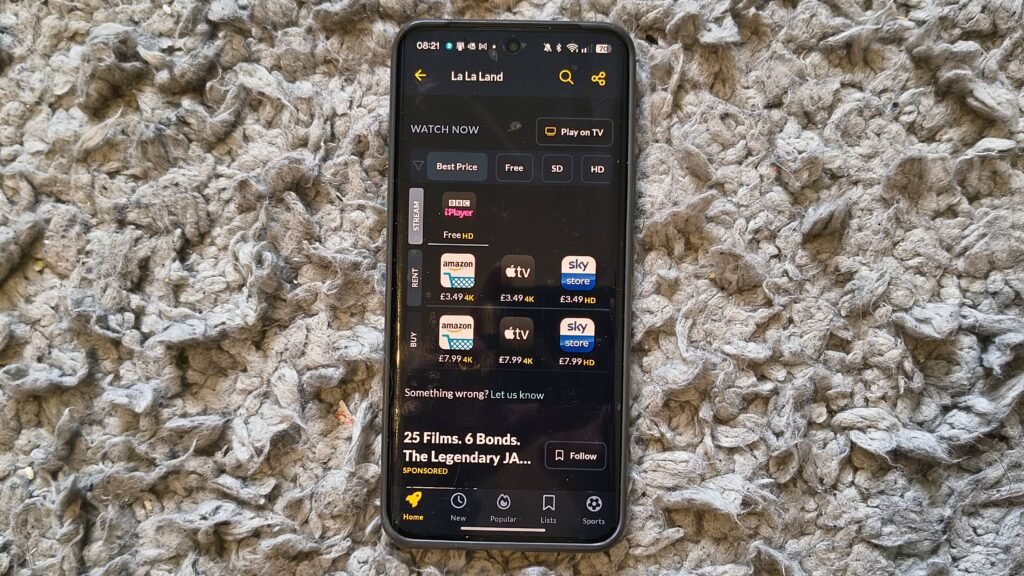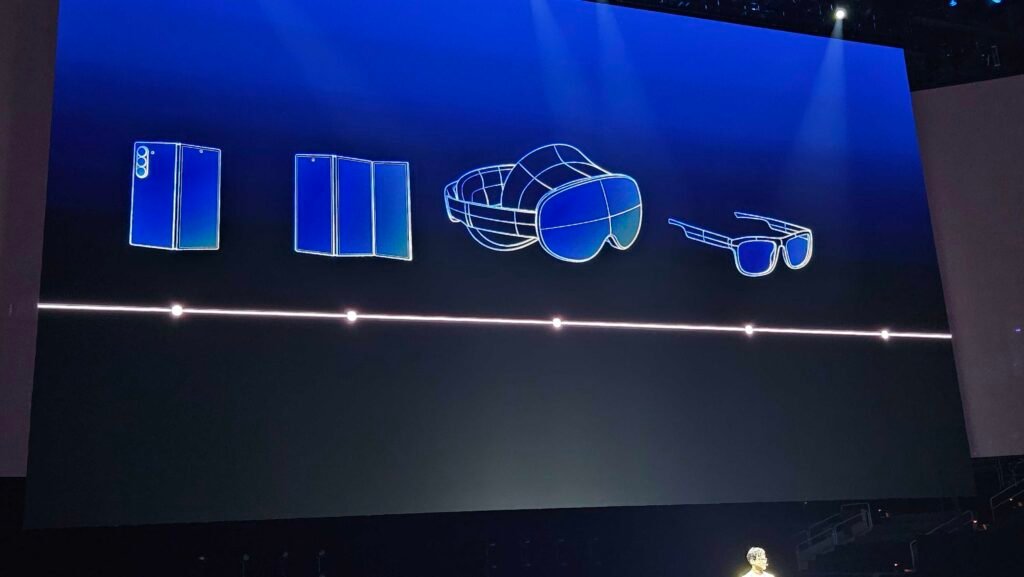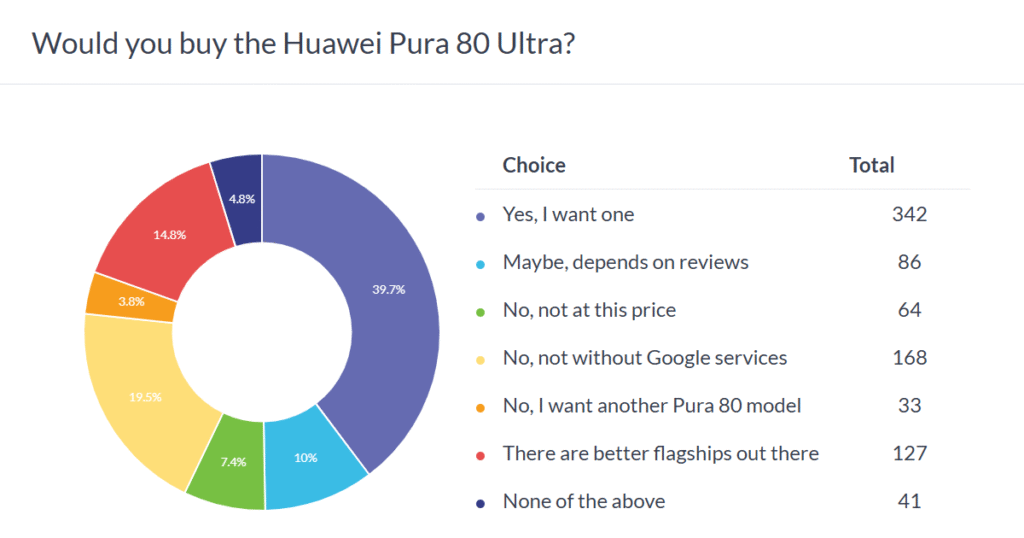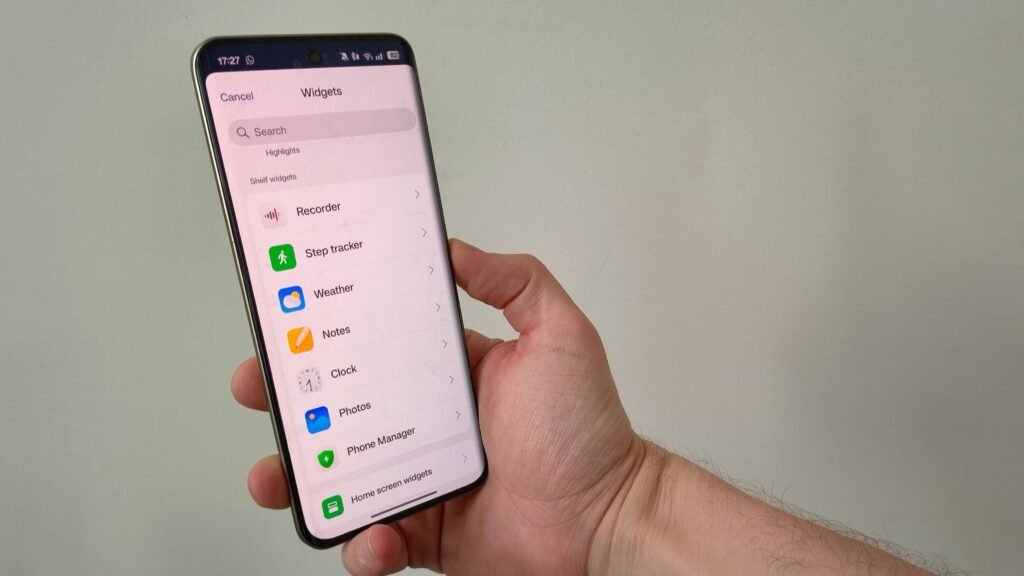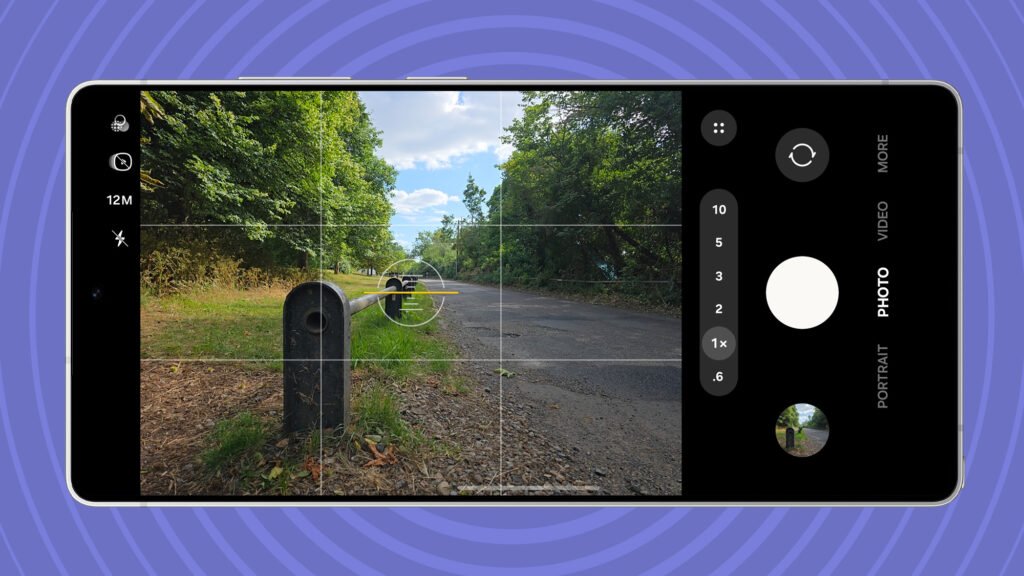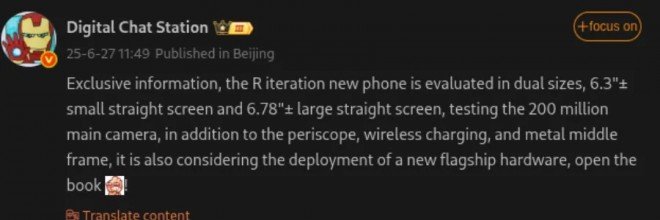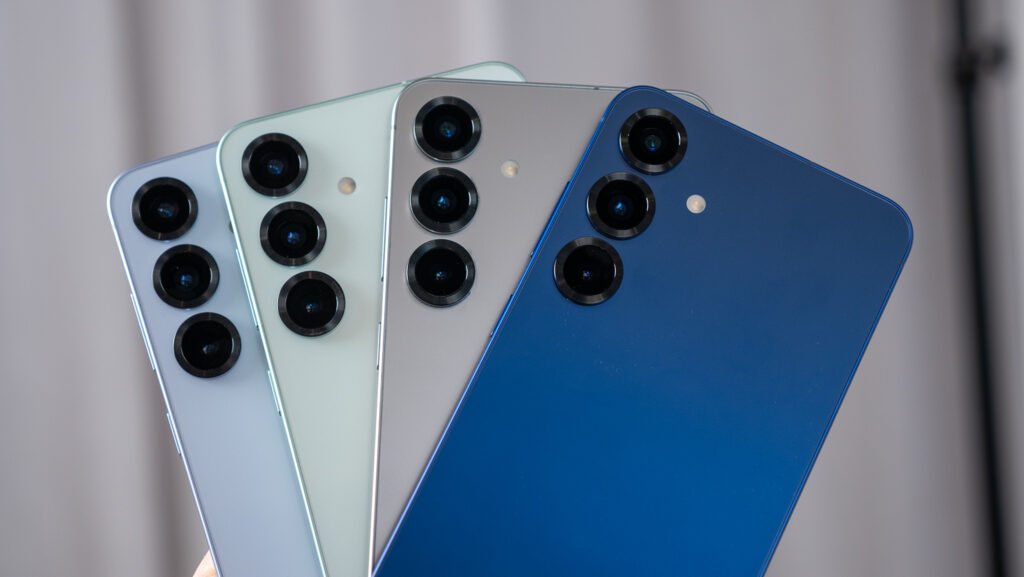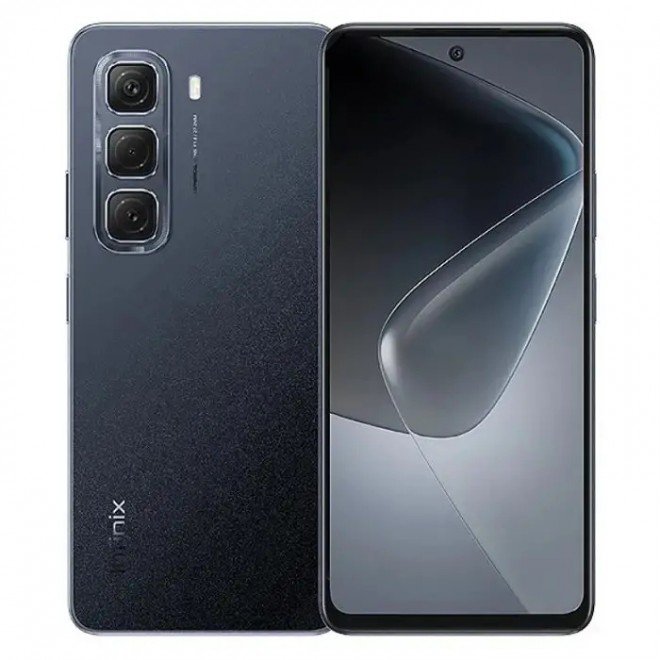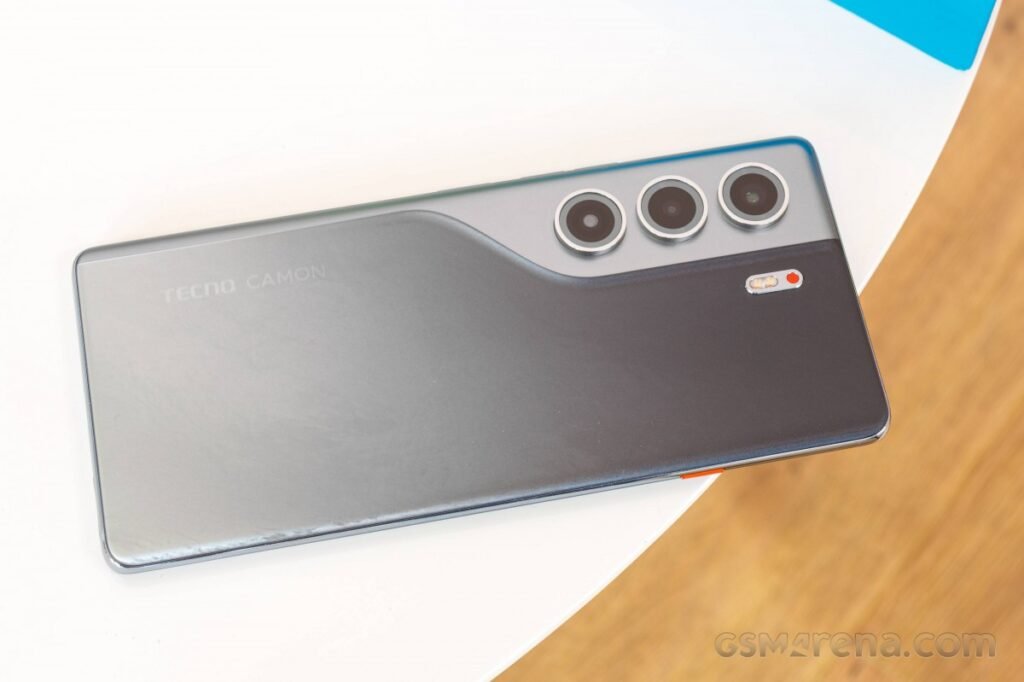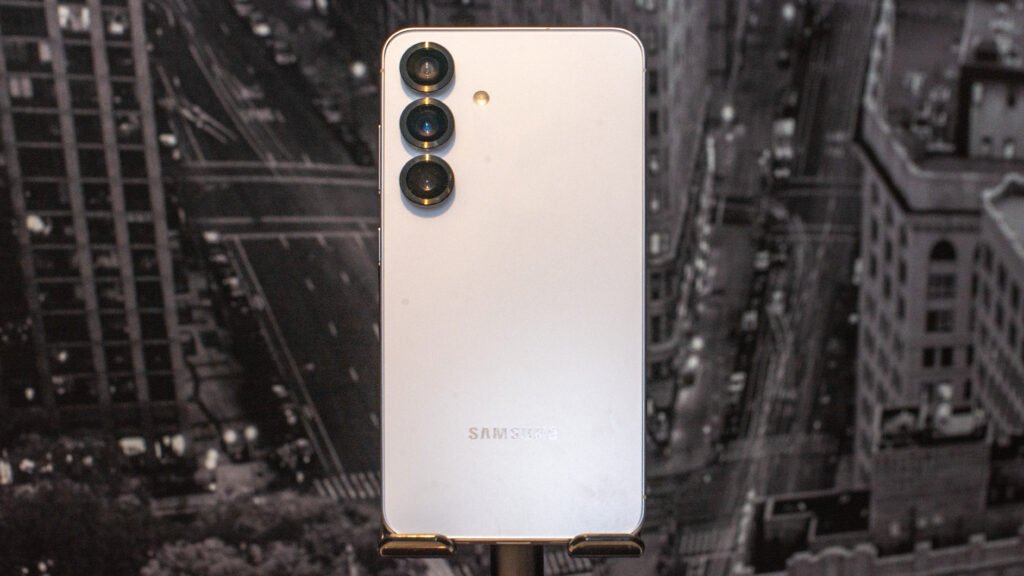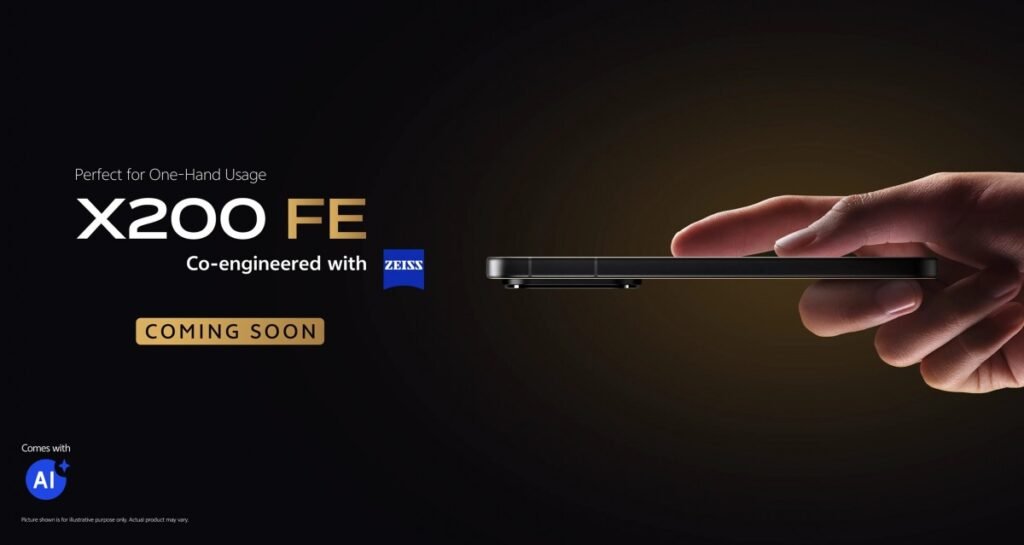It’s July 2024. The music begins to thunder through the immense speakers set up in the Santiago Bernabéu stadium in Madrid. The audience crowded onto the dance floor begins to scream, excited to see Karol G live. After the main screens show a video, the Colombian artist emerges from below the stage. Thousands of cell phones are already raised above the heads of those present, ready to record the moment. One of them belongs to Manuel Bacas, a 26-year-old from Granada, who uses his height to gain a better view and a privileged focus. With the battery fully charged, his phone stores Karol G in its memory, just as Bacas intended. When the concert ends, more than two hours later, he leaves the stadium rewarded with dozens of videos. But does the show feel the same if he’s constantly on his phone? “I don’t feel like I’m missing out on the concert by recording it, since any video I watch afterward transports me directly to it,” he says.
The ubiquity of mobile devices in people’s pockets has revolutionized the way people consume leisure experiences. Before, everything remained within a much more intimate sphere and with technological limitations. But now, with the simple press of a button, what the person sees is recorded live, so they can replay it as many times as they want, as well as share it with thousands of people. This often happens at concerts, but it also occurs at weddings during the “I do” moment, sporting events, vacations, or any situation where some kind of emotional dopamine effect can be achieved.
But this artificial ease of recalling events has repercussions on human memory. “Knowing we have a video or a photo makes us less dependent on our natural memory because we’re delegating it to Google, our cell phone, or whatever, instead of enhancing it. I look for my own recording or someone else’s to remember what the concert was like,” says Jordi Isidro Molina, a psychologist specializing in anxiety and mood disorders at the Cedipte-Psicología clinic. This, he warns, can lead to a problem: “In the end, in the worst-case scenario, we’re atrophying our memory a little and trusting that it will work autonomously. But it’s like an engine: if we give it a boost, it keeps working, but if we don’t, it gets worse and worse.”
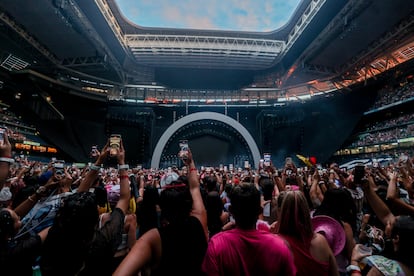
For Bacas, recording the concerts he attends helps him remember them, because he says that “preserving every moment of a concert is impossible.” However, he’s one of those people who frequently reviews the videos afterward, as a way to relive the experience. “I’ve lost count of how many times I’ve been able to watch all the videos I made at the Karol G concert and feel like I’m back there. In fact, sometimes I like how certain songs sound live and in my recorded videos better than on Spotify,” he says.
But there are those who disagree, and consider being on your phone during a show to be a hindrance. “It could interfere with enjoying the moment, as we might be more concerned with making the videos look good than actually enjoying ourselves,” says Berta Sánchez, a friend of Bacas who has attended several concerts with him. Aside from the independence of digital memory, there may also be an exclusive component to leaving a concert without a single video to share. From a fan experience perspective, it’s even more magical and valuable. This is the opinion of Mar Guerrero-Pico, a researcher in the department of communication at Pompeu Fabra University, who specializes in fan studies. This is also the opinion of American musician Bob Dylan, who in 2023 hired a company specializing in creating device-free spaces: “It’s the code of the community, which has been nurtured by the artist himself,” the expert comments.
But among artists, there’s also the other side. This is the case with “100% mainstream” singers like Taylor Swift and Gracie Abrams, or K-pop groups, who, through merchandise, support the practice of maintaining a constant reminder of the concert, whether digital or, in some cases, by saving photos using customized analog cameras. There are even fans who, in addition to recording the artist, film themselves and their companions to capture their reactions and share them on social media. “I mostly record the artist, and I’d say 20% of the time I record myself and the group of friends I go with,” says Bacas, who also shares concert clips on Instagram, although “always after watching all the concerts and, in many cases, even two days later.”
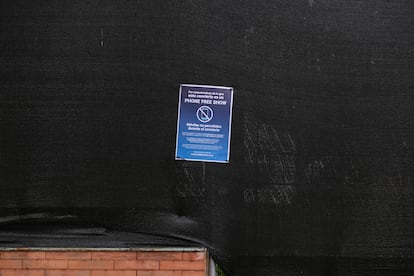
The use of technology seems to paint a catastrophic future for natural memory, but it may not be the case. “We rely more on our digital side than on our real memory, but there’s also a positive effect on what is considered ‘useless’ memory. We will use technology for mathematical calculations or spatial location, which are not necessary for our survival. However, we can become simpler or more manipulable if we have more memory problems,” says Molina.
When there were no cell phones at concerts, the only way to capture the moment was often with our own eyes and memory. But now, “that has expanded somewhat,” Guerrero-Pico says. “Marshall McLuhan, one of the founders of media studies, spoke of media as extenders, that is, they help extend the human experience. In this way, we can also say that cell phones extend memory capacity, at the expense of exercising our own memory and the senses that are already inherent to us as human beings.”
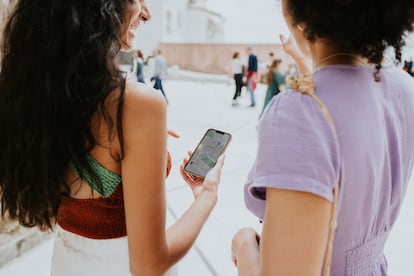
“I think I have an indelible memory of every concert, but I wouldn’t remember them the same way. Having that ‘hard drive’ to turn to when you want to reminisce about the concert is a blessing, and I think that’s what we have to keep,” says Bacas. Sánchez has a slightly different view: “I used to record videos at concerts, but then I realized they were videos I never watched because I didn’t need to watch them to remember the concert again. Besides, if I want to watch it again, I’ll find it on any social network.”
The arrival of cell phones as an indispensable element has revolutionized the way we experience important moments. It’s a way to extend memory, allowing us to repeat the experience as many times as we want, and even to democratize and mediate these experiences. However, experts agree that their usefulness should not be exclusive, but rather complementary, as a supplement to natural memory.
Sign up for our weekly newsletter to get more English-language news coverage from EL PAÍS USA Edition

